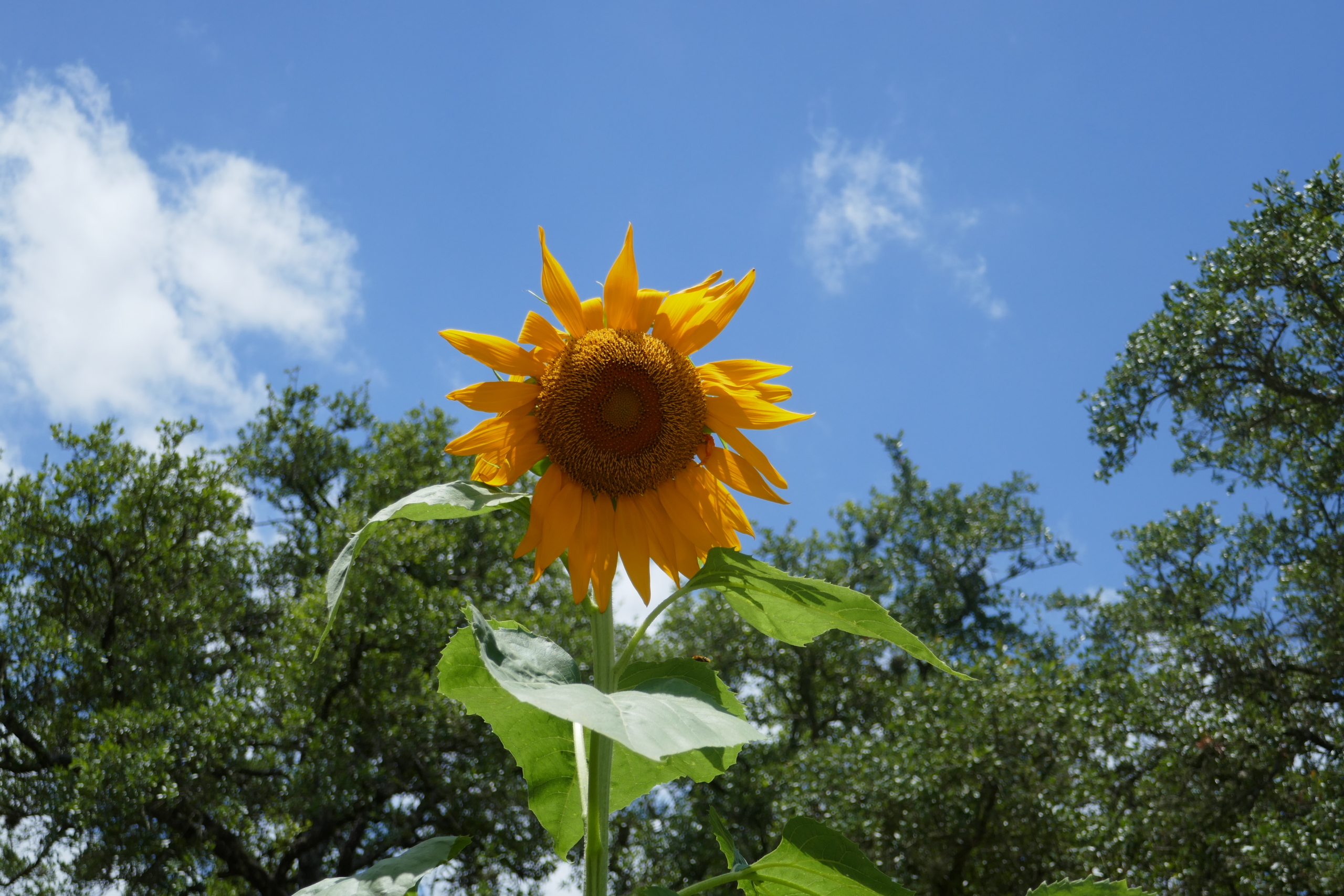Will minimalism guarantee peace and happiness?
I thought I knew the answer, but I wanted to know what others thought.
The idea of less is more intrigues me. I come from a family of “we might need that someday” savers. Not quite hoarders, but when I cleaned out my parents’ home, the amount of stuff seemed to justify that description.
My moment of reckoning came after I cleaned and sorted my sister’s belongings after her death. I had, once again, packed, distributed, and trashed the earthly treasures of someone I loved.
Finding minimalism
As I stood in my closet looking at the boxes stored on the top shelves, I realized none of it belonged to me. Memorabilia from my children, my parents, my sisters, and my brother filled boxes that never saw the light of day once they went up on those shelves.
I had given away anything that could help others, good clothes, appliances, household items, and furniture that still had plenty of life in them. All that remained were the bits and pieces of hopes and dreams reflected in notes, drawings, awards, and photos.
The boxes took on a different meaning as I stared above me. They had become a leaden weight of memories that cluttered my mind and tied me to the past.
Don’t misunderstand — special treasures can bring joy and remembrance of special times with those we love. But for this story, more became chains that seemed to get heavier with each loss. I was drowning in memories and stuff.
I made up my mind that my children, specifically, my daughter, would not bear this same burden. I knew something needed to change.
As a process-oriented thinker, I considered my options and started reading. That’s when I discovered the concept of minimalism. I’ll be honest. I thought I found the answer to how to rid my life of mine and others junk.
What I fell into was more than another book or strategy for cleaning out our messes. Instead, I found a philosophy, a way of approaching life, and my relationship with things.
My search took me first to the website of Joshua Field Millburn and Ryan Nicodemus who promote a minimalist lifestyle. I also found Leo Babauta whose minimalist website overflows with practical insight on living with simplicity and purpose.
Not satisfied, I began exploring minimalism on Medium and landed in a goldmine of thoughts, beliefs, inspiration, and honesty.
Defining minimalism
The most in-depth study came from Julia Horvath in a 19-minute guide that covered the history, definition, and benefits of minimalism. My favorite definition came from Joshua Field Millburn and Ryan Nicodemus.
a lifestyle that helps people question what things add value to their lives. By clearing the clutter from life’s path, we can all make room for the most important aspects of life: health, relationships, passion, growth, and contribution.
Julia sums up this lifestyle succinctly.
Minimalism is not about reaching someone else’s notion of what’s best for you; it’s about making your relationship with your stuff work for you.
The hard truth, according to Julia, is that “everything we own comes with a set of obligations.” And I might add, for us and our families. Two key benefits make the effort to minimize worthwhile for Julia — freedom and time.
Julia goes deeper into a description of three phases of transitioning into a minimalist lifestyle. She describes each with detailed strategies, questions, examples, and ideas about how to navigate through these phases:
(1) a general decluttering phase, (2) the adoption of a minimalist mindset, which aids most further consumption habits, and (3) an altered mindset about how we treat the stuff we decide to own.
Her wisdom and practicality convinced me I still have some work to do, but Julia taught me the most important lesson.
In the end, the opposite of minimalism isn’t maximalism but indifference. It’s a practice of mindfulness. By opting for a minimalist lifestyle you choose to care — what you own, how you spend your time, and who you allow into your life.
Read more at: This Is How You Can Practice Minimalism in Real Life
Misconceptions about minimalism
You often learn more about a concept when you analyze how we fail to fully understand it. Jack Krier dispels seven myths that limit the power of what he considers a minimalist mindset.
Minimalism is not a fixed set of rules. There is no clear-cut definition and no cultural uniformity.
Minimalism is nowadays mostly a mindset. It’s the idea that we can focus our time, effort, and resources in the areas that truly matter to us.
I don’t want to spoil the story for you, but Jack does address the assumption that minimalism is something new or that its an all or nothing approach to life. He doesn’t just ramble off a neat list and call it a day.
Jack delves into the reasons these misconceptions persist and offers a more realistic explanation of how to embrace minimalism. He also writes about the significance of intention in our choices.
Because people nowadays become minimalists to live a more meaningful life. And simply reducing the number of items you own will not automatically add more purpose to your life.
I appreciated Jack’s myth-busting since it revealed what I value most about minimalism — purpose and intention.
Make minimalism a habit
Nothing and no one says you must give up everything to move toward a minimalist lifestyle or mindset. Martina Doleckova gives you the easy as baking a cake version. Better yet, she suggests you “start with the frosting. And see how you feel about the rest of the cake later.”
Martina’s first habit caught my attention because it has been on my mind a lot these days. Collect moments, not things. She focuses on the importance of building relationships.
Our need to fulfill our longings with stuff deprives of the human connection. Things never could and never will plug the holes in our hearts.
Once again, Martina captures the theme of minimalism as purposeful and intentional choices that give us space and freedom to live our best lives. Being mindful about the whys in our life breathes fresh life into each day.
As you learn to be intentional with your choices, you gain more mental clarity. Your priorities become clearer. You make space for awareness.
I also picked up a few fashion tips from Martina. Or, how to dress better with less and make more conscious decisions about my wardrobe. And at the end of the day — I can make any cake my heart desires.
Digital minimalism and more
I find clearing out paper and boxes of stuff much easier than the constant proliferation of digital artifacts and social media bombardment. Being a tech lover always eager to try new toys, this has become my greatest challenge.
You might assume that those of us with more years would gladly forego the digital frenzy. An insightful young writer, Noah Levy, slashes that image when he describes how minimalism is changing his life.
As I read on Medium every day, I remain in awe of the insight of these twentysomething-year-olds. Like Noah, they see the world with fresh eyes and clarity. And they tell it like it is.
It’s ownership: we must take responsibility for our actions and outcomes of those actions. This means being more conscious of our choices and behavior. Why are we spending forty-minute sprees scrolling on Facebook or Twitter?
Exactly, why are any of us sucking down hours aimlessly scrolling across multitudes of channels? What do we hope to find there?
Noah shares his own experiences and how less has created more in his life. I even acquired a few cooking tips as he described cooking in college. As he found out, “if you season everything well, veggies actually taste better than meat.”
When Noah started describing the nuances he discovered by listening more closely to music, I knew that was a choice made with great intention.
Music is no longer more digital stuff that numbs my mind, it’s something that intellectually challenges me. The way Radiohead chooses how to pick and strum the same e minor chords on some of their songs compared to some of Nirvana’s.
Personal reflections and photos give you a glimpse into a young life that has chosen to make a difference with purpose and intent.
Read more at: I’m Now A Digital Minimalist. Here’s How It’s Changing My Life.
My conclusions about minimalism
To answer my original question, “Will minimalism guarantee peace and happiness?” First, we never have guarantees.
If you value internal peace and seek happiness by living with purpose, my answer is yes. When I let go of things, I can make more room for myself and others.
Every day, I learn and re-learn the lessons of minimalism. How do you, how do I, let go and find freedom?
Do you want to find you? Answer the question.
What’s important to me?
And always—
Be kind. Be brave. Be you.
Photo: © Kathryn LeRoy



Leave A Comment